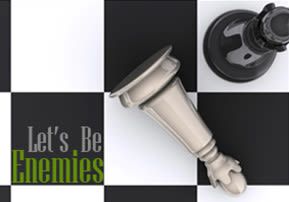
Let’s Be Enemies
We get obsessed with how we are the victim and the other guy is the devil. Our memories get overly selective and we are not even really in touch with why we are angry…

“James used to be my friend. But today he is my enemy.” Janice Udry
One of my favorite books when I was a kid, that I now read to my son, is called Let’s Be Enemies by Janice Udry, illustrated by Maurice Sendak. It’s a much handled little red copy from 1961, probably a baby gift for my big sister. It smells like a library. The text is sparse. John has had enough of James’ bossy ways and decides from then on, they are mortal enemies. That is until, I’m going to spoil it for you here, the sun comes out and they simply decide to not be enemies. Why waste a sunny day fighting with each other? Let’s split a pretzel.
Of course there’s more to the story than that. It’s all in Sendak’s masterful, subtle, and sweet illustrations. He captures that moment where you can’t quite keep the anger fueled, the moment your Evil Inclination’s voice can no longer hold your attention.
I come from a family of grudge holders. It’s a grudge factory. I’m smart enough to know that comparing my family to the idealistic TV families of yesteryear is silly. Except for “All in the Family”. That comparison might actually work. In the 1970s I recall sitting on the gold corduroy sofa with my parents watching that show, not liking it at all, wincing while Archie Bunker called everyone ‘Meathead.’ Even at that very young age I wondered why my parents, who were quite the yellers, would sit and watch a show about….yellers. It’s like a cop coming home from work and watching “Law and Order”. Doesn’t compute. Lest you think I’m being too hard on my dear parents, I’m full of love for them and I know they tried really hard and made a million great decisions and sacrifices. Plus they are New Yorkers, a place that specializes in the production of yellers. They never had a chance.
Back to my original point, the grudges, there are some whoppers on both sides that have now been taken to the grave in at least four cases. These are grudges that resulted in strange phone calls.
“Hello?”
(Read in a strong Jersey accent) “Alice? This is your grandmutha.”
“Oh, hi. So whatcha been up to?”
“Oh, you know. Is your mutha there?”
“Sure.”
That was one of maybe four conversations I had with my grandmother in her life. Like I said, it’s to the grave in our family. This has made me ponder how such things can happen and how to maybe even avoid them if possible. I still don’t know if these kinds of stalemates can be completely avoided. And I don’t want to over simplify things, like life is as simple as a book written for children.
However, I do think Janice Udry whether intentionally or not, was on to something.
Maybe there are disputes in life that can be resolved simply by deciding that it is over. Not the relationship, the fight. The fight is over. Maybe we over complicate things. We get obsessed with how we are the victim and the other guy is the devil. Our memories get overly selective and we are not even really in touch with why we are angry, but more obsessed with the movie we have created in our mind. We character assassinate people in righteous indignation and if we are really feeling immature even smear the person to get some more people on our team. Then it gets really difficult to back down because in a way you would have to apologize to a lot of people. Or eat crow publicly.
I said I wasn’t going to over simplify. Maybe there are deal breakers. Certainly there are. But maybe there should be way more do-overs. I love a do-over. God gives out loads of them. Are we as adults really so fragile we can’t grant these?
Last year in the mussar course I took the rabbi told a story about humility. There are lots of those stories in a mussar course. He talked about a really stellar rabbi in the local community who figured out a terrific way to make peace. If all the rabbis and the board, or whomever, are together and they are going in circles because something didn’t go the way it was supposed to, this rabbi just takes the blame. He just says he’s sorry, it’s his fault. And like magic they can move on. That really stuck with me. I bet it doesn’t hurt him because he’s the leader and is deeply respected and is loved. But maybe the thing that has made him so respected and loved is that he does stuff like take the blame, even when everyone knows he’s probably the last guy to mess something up. So it doesn’t hurt him because the very act of taking the blame, taking one for the team, raises him up to the point where it doesn’t hurt him. That’s my theory.
Are we so precious and dainty and fragile that we can’t take some blame, even if we didn’t do something wrong, in the name of creating some peace? I know that can be taken way out into the stratosphere to the point of being suicidal. I’m not talking about that. Don’t do that. Maybe there’s a bunch of space between here and the stratosphere that could be full of pretty happy friendships if we just decided to end the fight instead of the friendship.




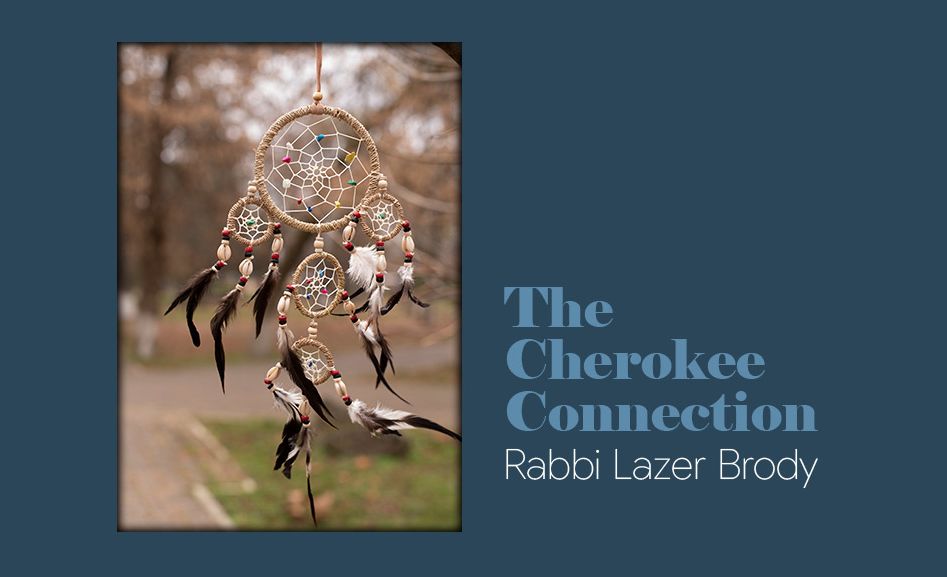
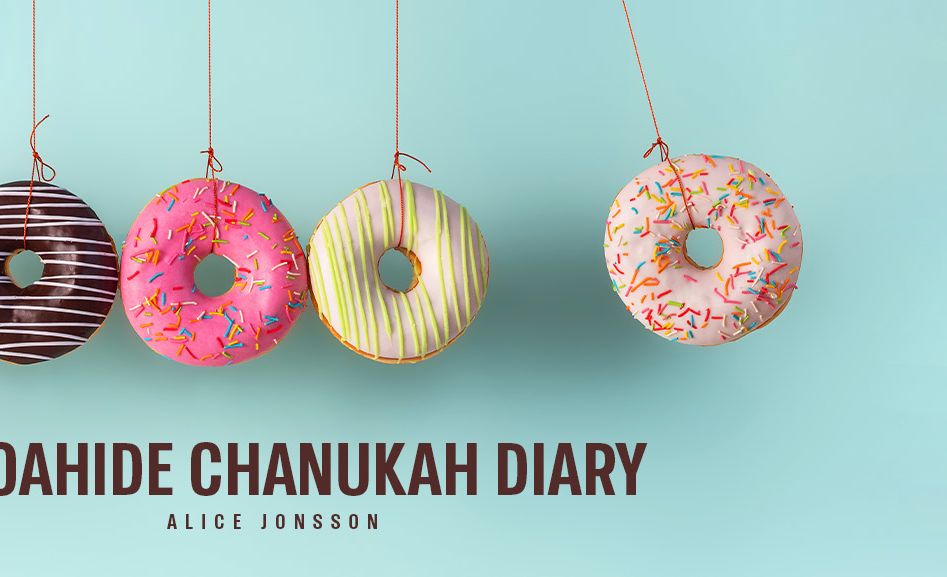

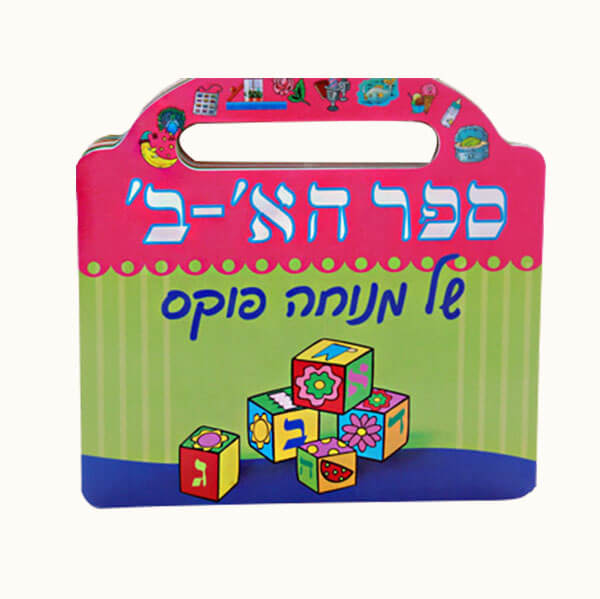
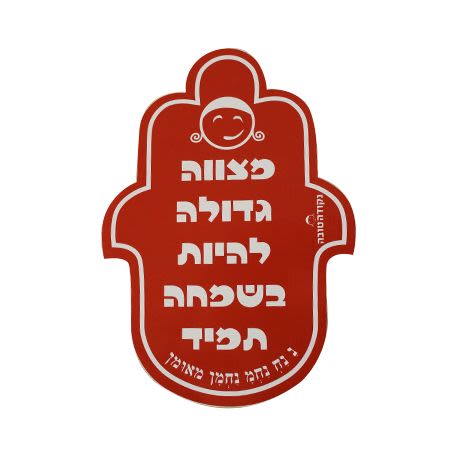
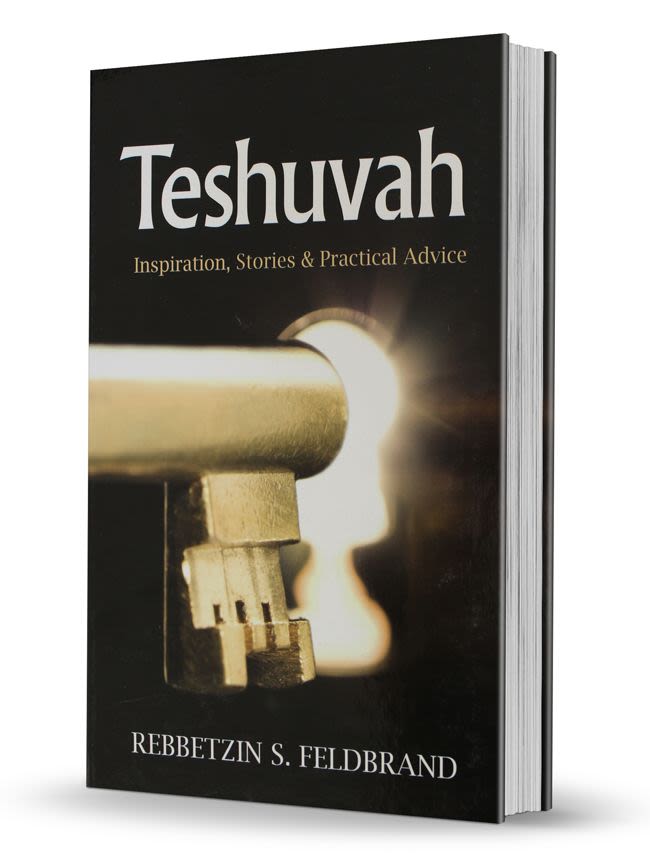
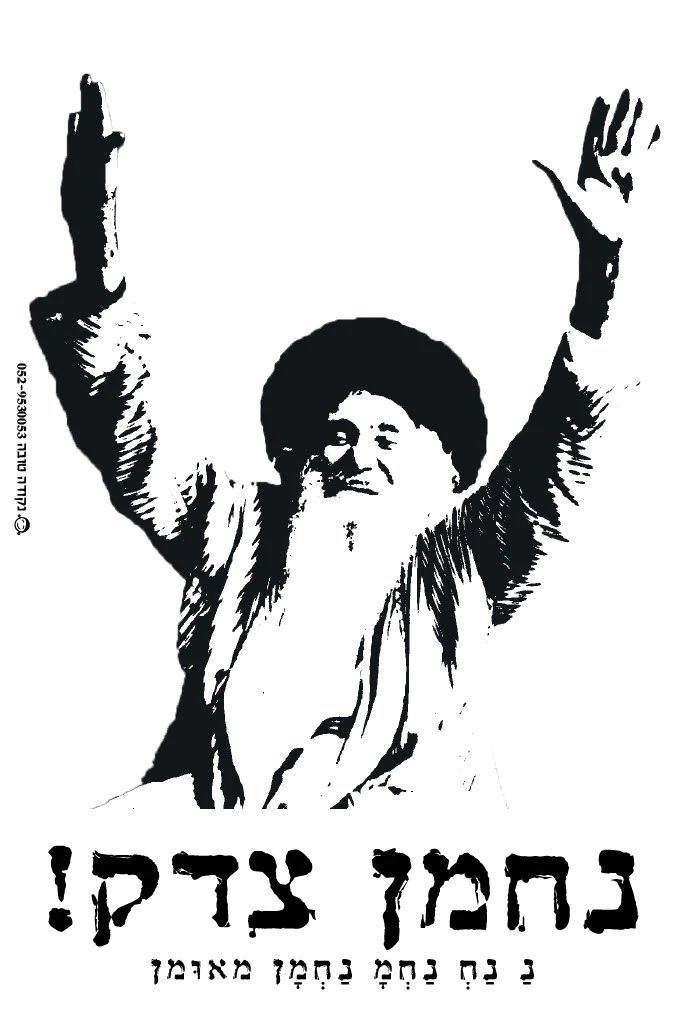

Tell us what you think!
Thank you for your comment!
It will be published after approval by the Editor.